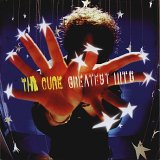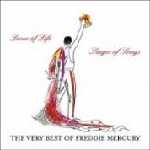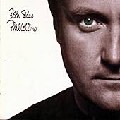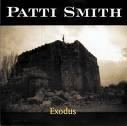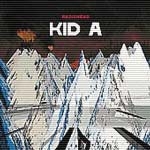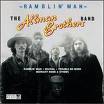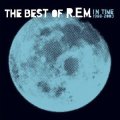Damien Rice has a lot to answer for. With 2003’s ubiquitous glossy radio remix of the already mild “Cannonball,” he pretty much invented James Blunt. Super-blandster Katie Melua has expressed admiration of the way in which he “has become successful on his own terms” (as long as the sleeves of all those remixes and re-releases say they weren’t your idea, they don’t really count, right?). Radio adverts for his second album proclaim him “the most influential singer-songwriter of his generation.”
Before all this, Rice emerged as quite the promising talent.
O had its overwrought moments, but just as many of striking intimacy

and beauty. It was great to hear someone ape the ambition of Jeff Buckley—rather than just his sound. Before the effects of promoting the album for nigh-on four years took their toll, his gigs were amazing, inspiring reverence for good reason.
But after the long promotional slog, you might have to forgive Rice for making an album that paints him as unhappier than ever. When he catches himself singing a song that isn’t mired in gloom, “Rootless Tree,” he tears it to shreds with its chorus: “Fuck you! Fuck you!” It’s merely disconcerting at first, but soon quite annoying. Unfortunately “Rootless” is probably
9’s most representative track: almost every song is slow and pained, starting almost inaudibly before stretching to a bombastic climax. It’s one way to make an impact, but over ten (long) tracks it gets exhausting.
The biggest problem might be Rice’s vocal technique. On
O, he had a tendency to endearingly strain for notes he couldn’t reach. Now, it sounds like he’s purposefully written songs to allow him to overextend his thin voice. “Elephant” shows him actually sucking in his breathe in pain, and in the deeply ugly “Me, My Yoke and I,” he all but whips himself as he decries his sexual desires. It’s a theme that pops up again and again throughout the album, which is a shame: Rice’s lyrics are too tiresomely egotistical and alienating to allow you to ever sympathize with his self-loathing. Essentially they range from the pointlessly vague (“She gives / I get / Without giving anything to me”) to the embarrassingly crass (“You can lie between her legs / And go searching for / Tell her you’re looking for her soul”).
There are some moments worth saving. “The Animals Were Gone” is gradually taken over by a beautiful cello before drifting away on a blissful sea of distorted choral voices. Single “9 Crimes” is bleaker stuff, but benefits from a light touch and the soft, gorgeous voice of Lisa Hannigan. Given credit alongside Damien for last year’s charity single “Unplayed Piano,” Hannigan’s been relegated to just another member of the band, though, and barely gets another look in. It’s a shame, not least because another voice might have done something to break up
9’s interminable navel-gazing.










